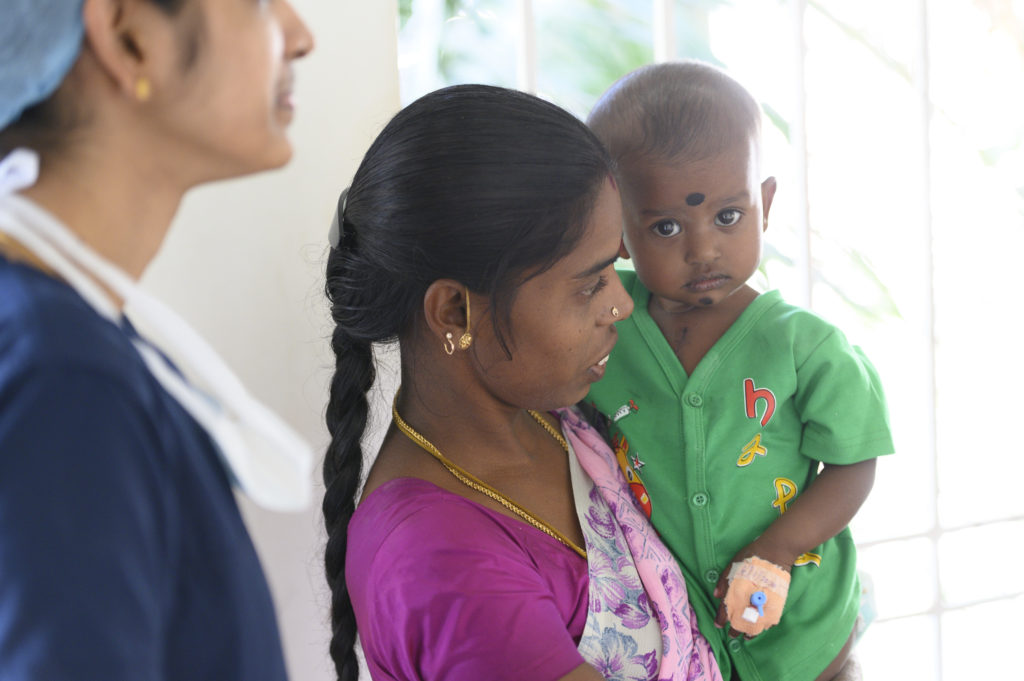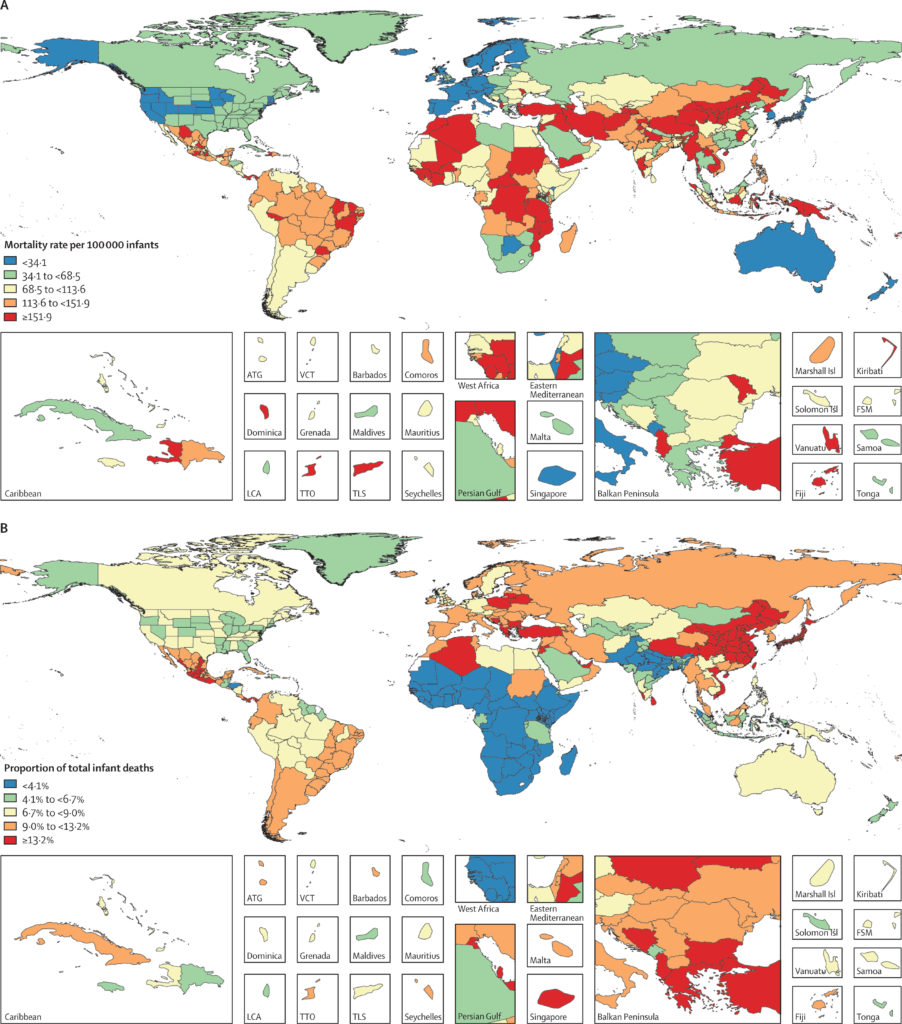Published on January 29, 2020
Because more children with congenital heart disease are surviving, nearly 12 million people are living with congenital heart disease around the world. This is an increase of 18.7% since 1990. The number of deaths attributed to congenital heart disease has declined by 34.5% since 1990, from 398,580 to 261,247.

Kavinaya (1) was born with a critical heart defect, which, if uncorrected, rarely allows a child to survive into adulthood. Kavinaya had a total repair and stayed at the hospital for only 3 days. Photo by Scott Streble
Yet, the prevalence of heart disease is alarming, and policy changes are needed to further improve survival and quality of life.
Read our findings in the first-ever Global Burden of Congenital Heart Disease Study published in The Lancet Child & Adolescent Health in January 2020. “This publication is truly a milestone in the global health field. It provides new and important data to support our global advocacy efforts to help more children,” says our Vice President of Global Strategy and Advocacy Bistra Zheleva, co-author. Children’s HeartLink President Jackie Boucher is also among the authors of the study.

Co-authors and main contributors to the study include our current International Advisory Board members Dr. Liesl Zühlke and Dr. Kathy Jenkins; our former International Advisory Board member Dr. Chris Hugo Hamman, and our partner from India, Dr. Krishna Kumar.
Dr. Meghan Zimmerman, Dr. Craig Sable and Dr. Gerald Martin from Children’s National Health System; Dr. Nicholas Kassebaum from the Institute for Health Metrics and Evaluation, and Ms. Alison Smith from Emory University School of Medicine, were the lead collaborators on the paper.
According to The Lancet, The Global Burden of Disease Study (GBD) is the most comprehensive worldwide epidemiological study to date. It describes mortality and morbidity (the rate of incidence of a disease) from major diseases, injuries and risk factors to health at global, national and regional levels. Examining trends from 1990 to the present and making comparisons across populations enables the undertraining of the changing health challenges facing people across the world in the 21st century.
Listen to the Pediheart Podcast with Dr. Robert Pass. He discusses this study and congenital heart disease in the developing world with author Dr. Craig Sable.
